Bunions
There are many factors which can contribute to the development of a bunion, the most common causes include genetic factors, poor foot mechanics, high-heeled or narrow footwear and trauma to the toe.
About THe TreatmenT
Bunions are often described as a bump on the side of the big toe. But a bunion is more than that. The visible bump actually reflects changes in the bony framework of the front part of the foot. With a bunion the big toe leans toward the second toe, rather than pointing straight ahead. This throws the bones out of alignment, producing the bunion’s “bump.”
Bunions are a progressive disorder. They begin with a leaning of the big toe, gradually changing the angle of the bones over the years and slowly producing the characteristic bump, which continues to become increasingly prominent. Usually the symptoms of bunions appear at later stages, although some people never have symptoms.
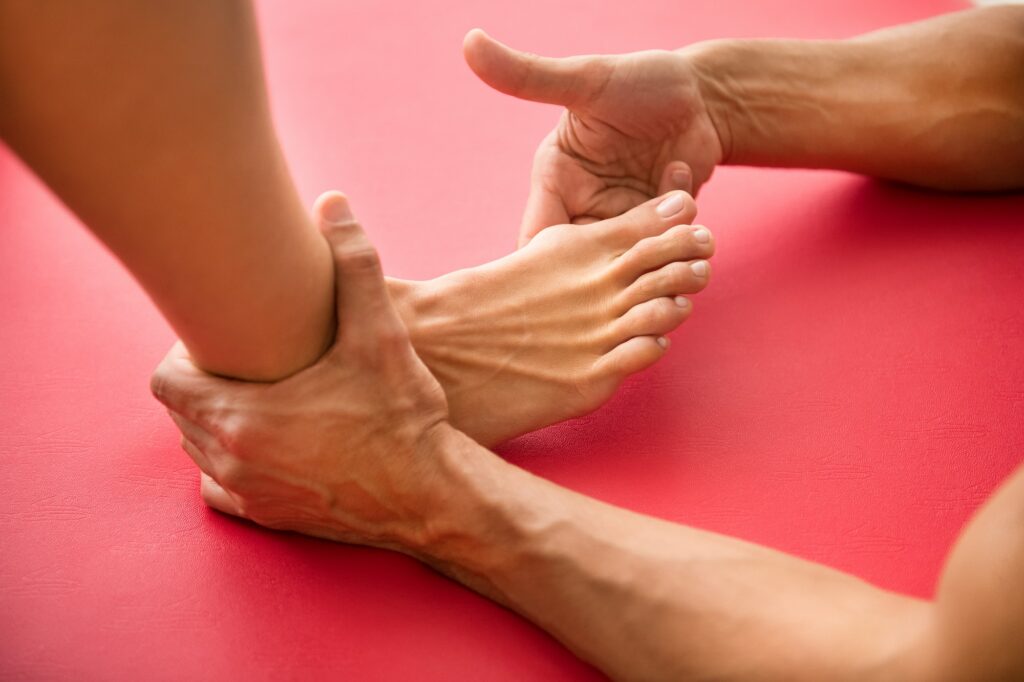
Bunions Factsheet
Bunions, a bony bump that forms at the base of the big toe, can cause pain and discomfort. Non-surgical treatment options include wearing comfortable shoes, using orthotic devices, taking pain relievers and applying ice. In severe cases, surgery may be necessary to relieve symptoms and improve foot function.
Might You Be Suffering from Bunions?
Let us help you understand and improve your condition.
Our team love coming up with innovative and simple ideas to improve and continue to enhance your health and wellbeing. Talk to us today.
The Best Health Strategy is Prevention
What's Wrong With Your Feet or Legs?
Let's Figure it Out and Fix It!
Achilles tendinitis is a painful and often debilitating inflammation ...
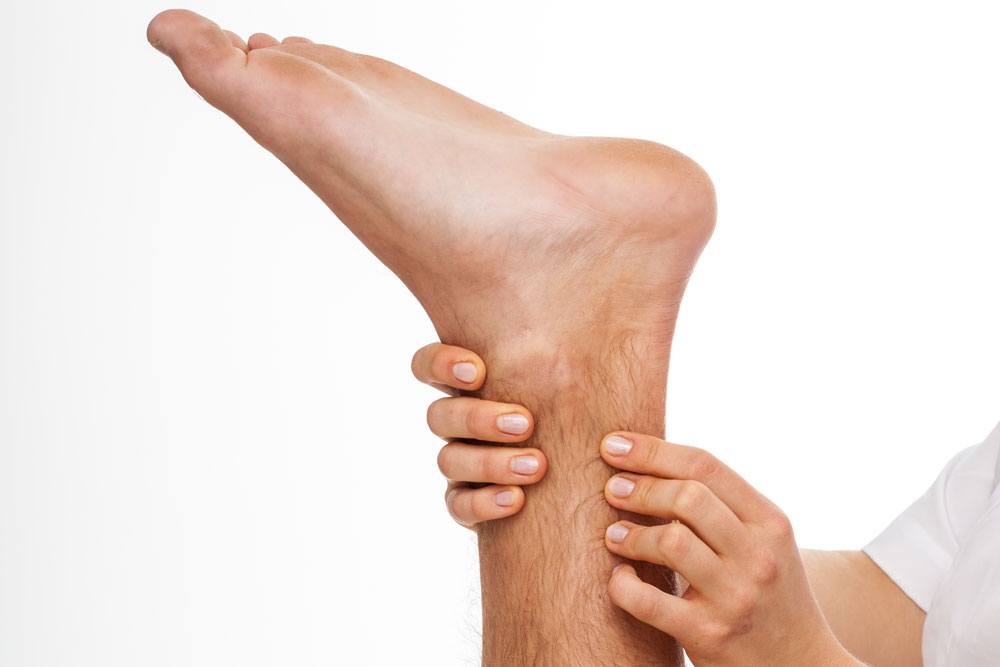
Football and tennis player, runners and dancers are particularly susceptible to this problem because their activities involve …
Bunions are often described as a bump on the side of the big toe ...
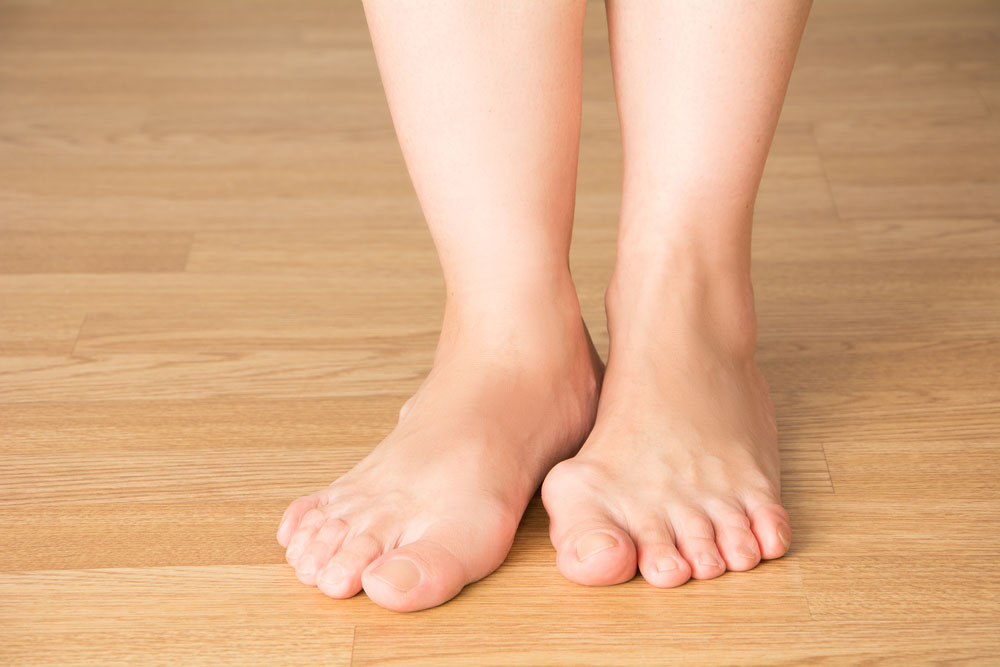
But a bunion is more than that. The visible bump actually reflects changes in the bony framework of the front part of the foot …
A child’s pattern of walking differs to that of the adult population.
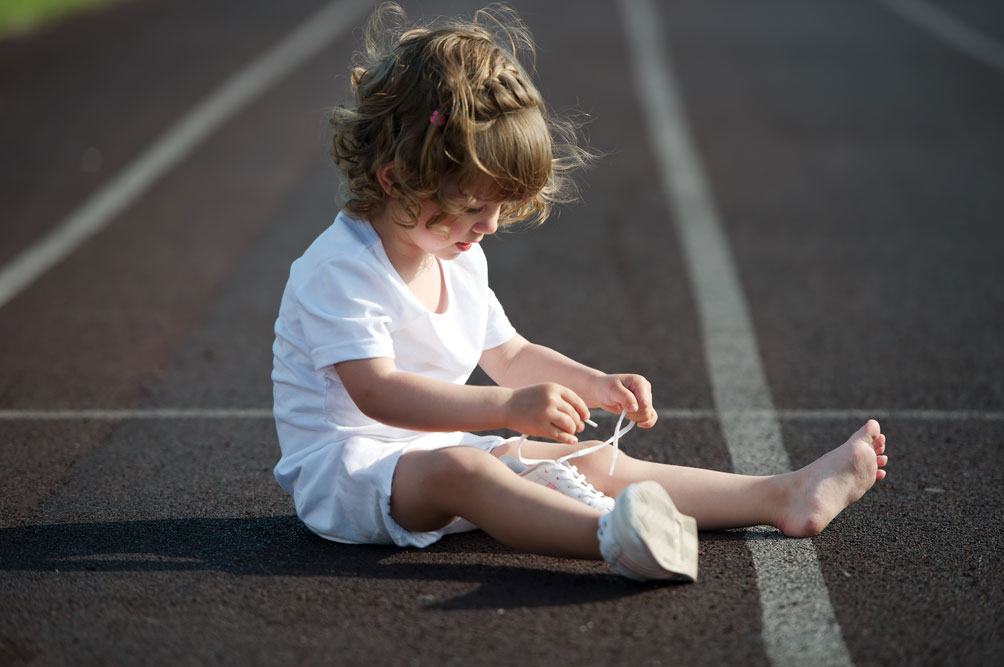
From our first step through to fluid walking and running our bodies, especially our legs and feet are continually developing …
A callous is an area of hard, thickened skin on the foot ...
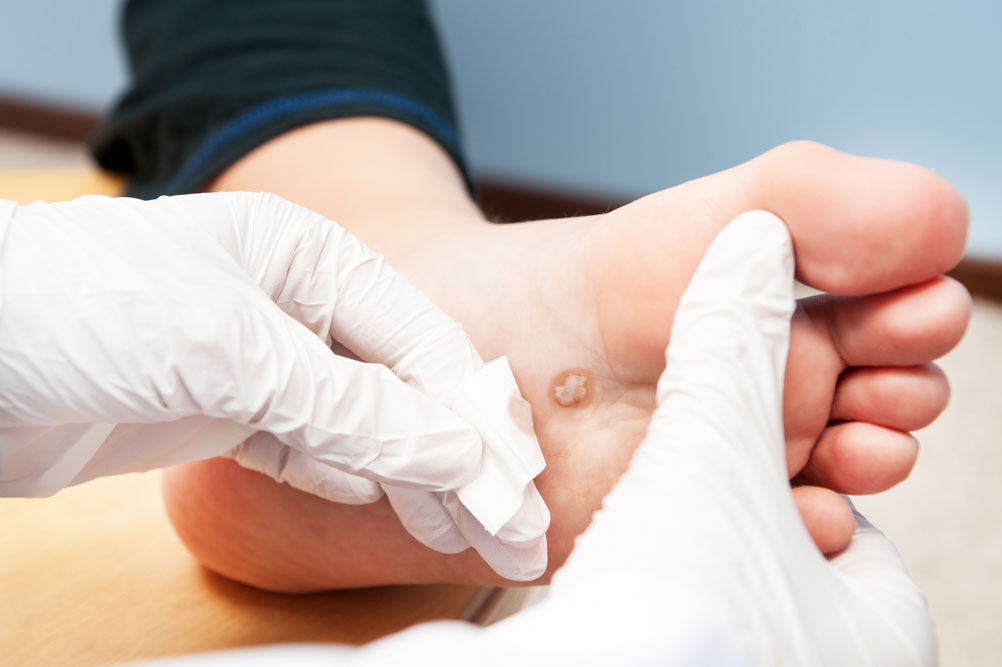
A callous is formed in response to pressure or friction. The body protects skin tissues from pressure or friction damage by …
Diabetes affects the whole body including sometimes feet ...
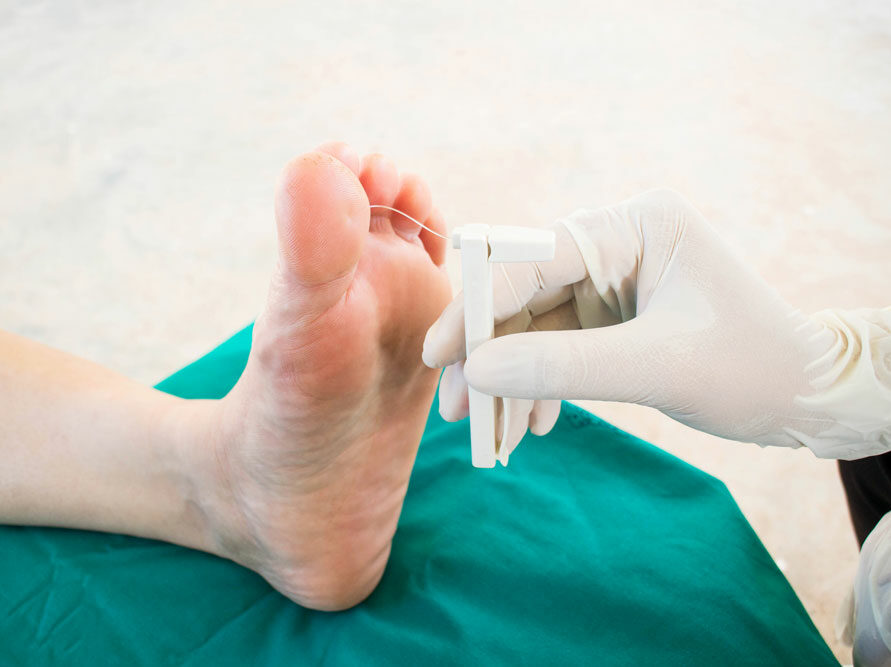
Diabetes is a condition in which the body cannot sufficiently convert food into energy. It is a disorder of sugar, fat and protein …
Over-pronation, or flat feet, is a common problem that occurs ...
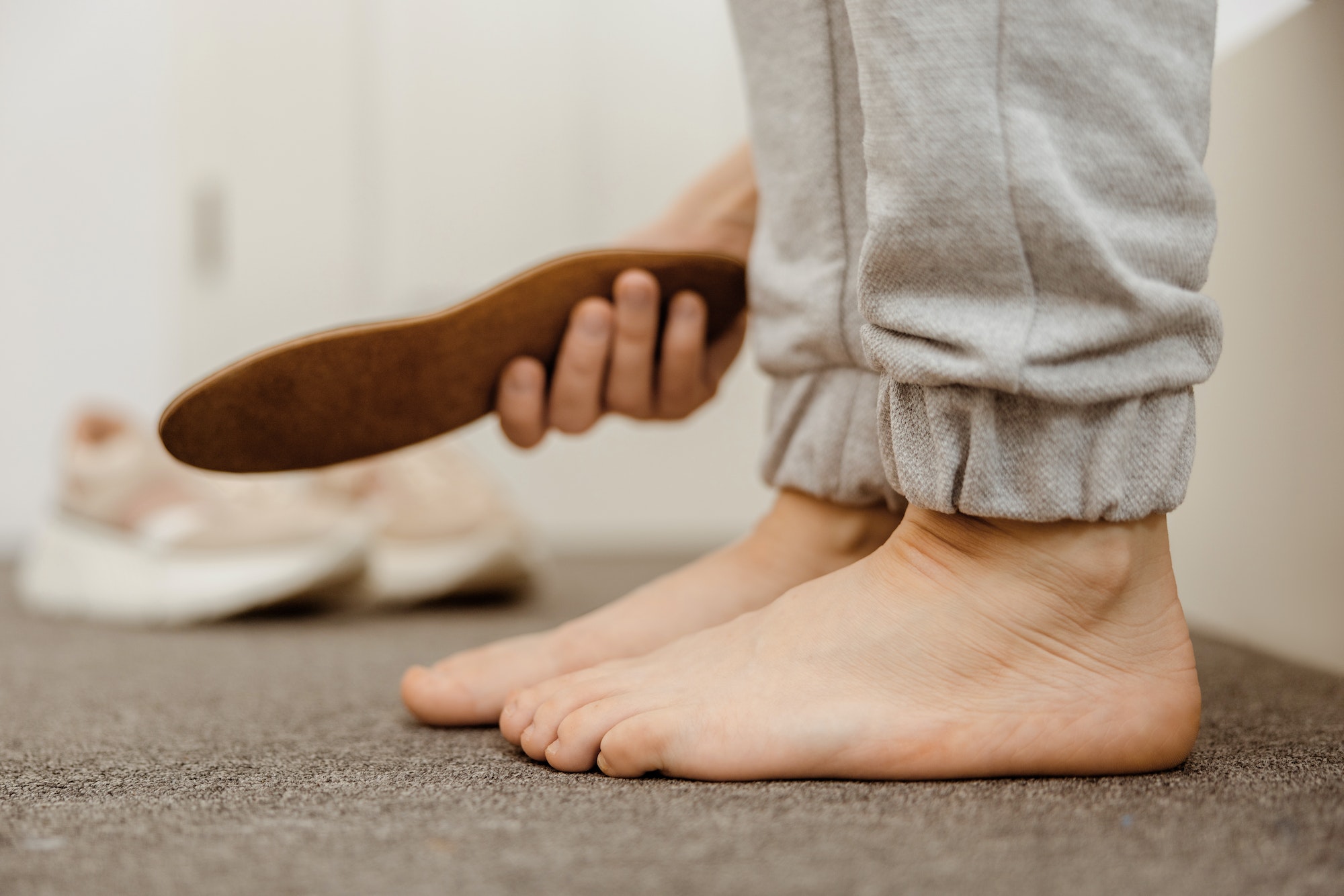
Pronation is part of the body’s natural complex shock absorption. But it is possible for the arch of the foot to flatten too much …
You may not think of knee pain as being related to your feet ...
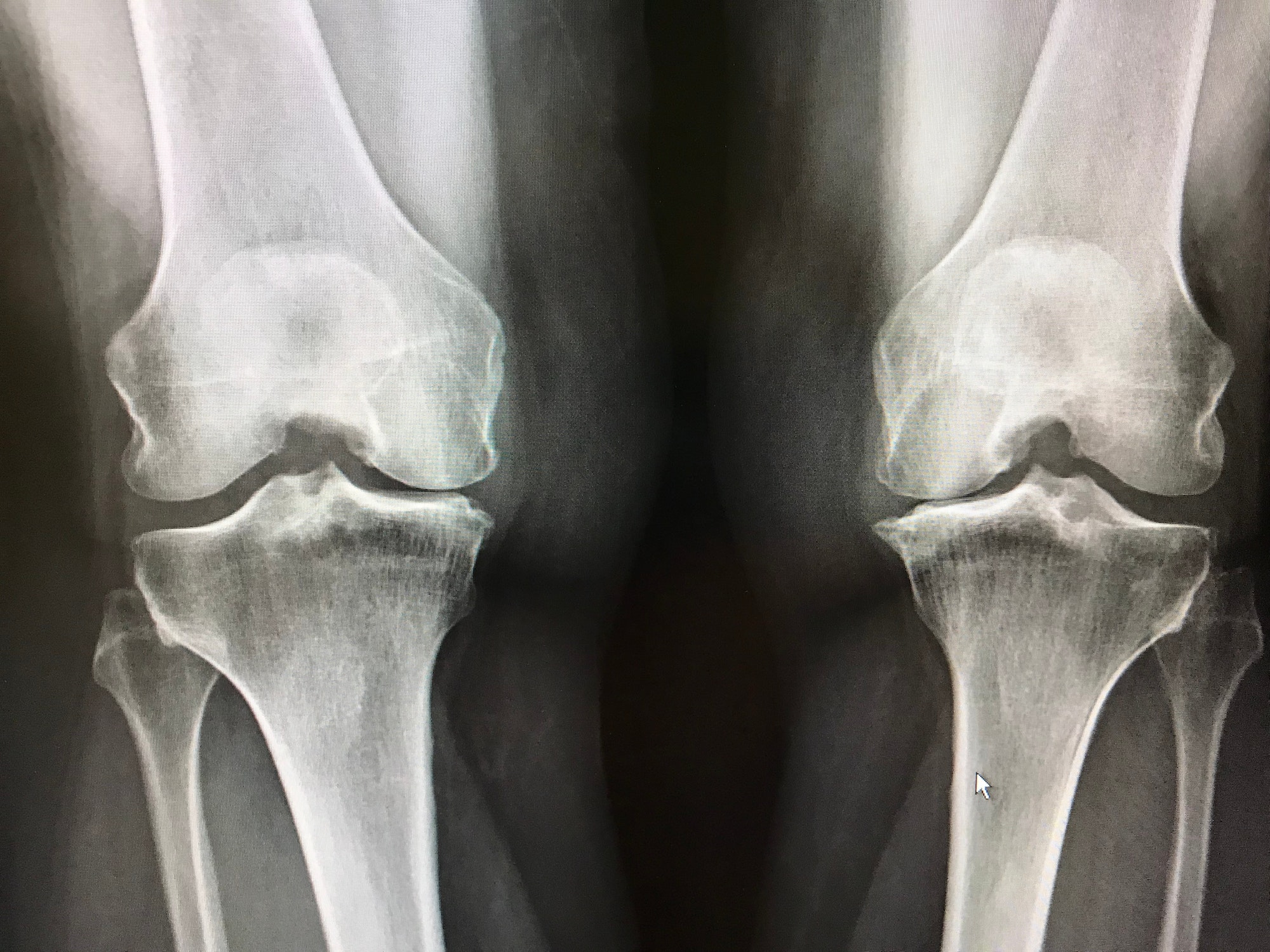
But poor foot function can be a factor that causes pain further up the body, including knees, hips and lower back
This Therapy is a form of manual therapy for foot and leg pain
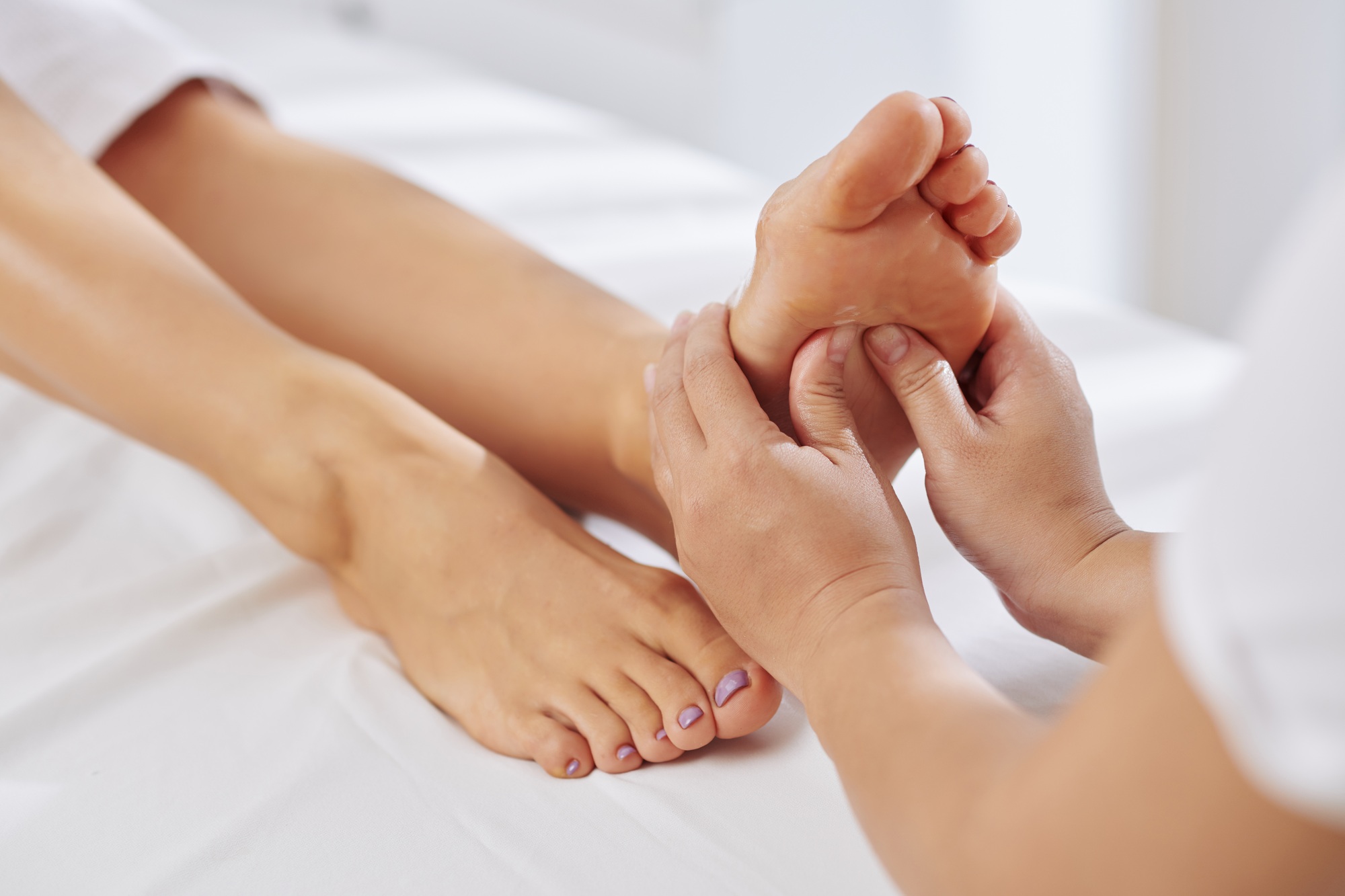
FMT comes from ‘manipulative therapy’ modalities, and is aimed at assisting in healing your foot and leg pain
Heel pain is one of the most common conditions we treat ...
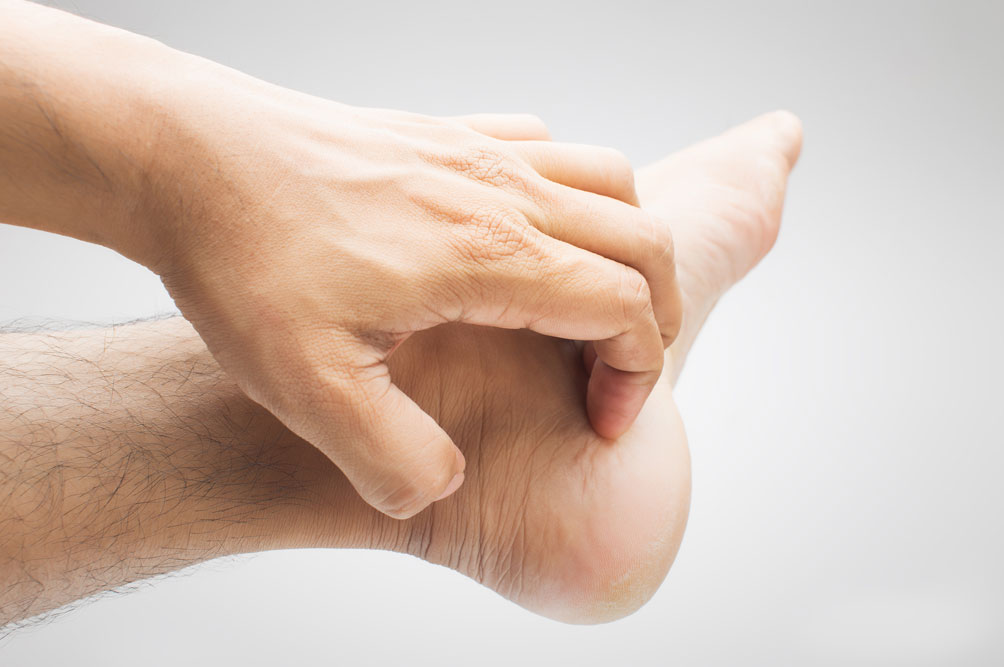
There are over 48 causes of heel pain (some very serious), so a correct diagnosis is the first step to getting you moving again
Pain in the forefoot (or ball of the foot) can be complex to diagnose
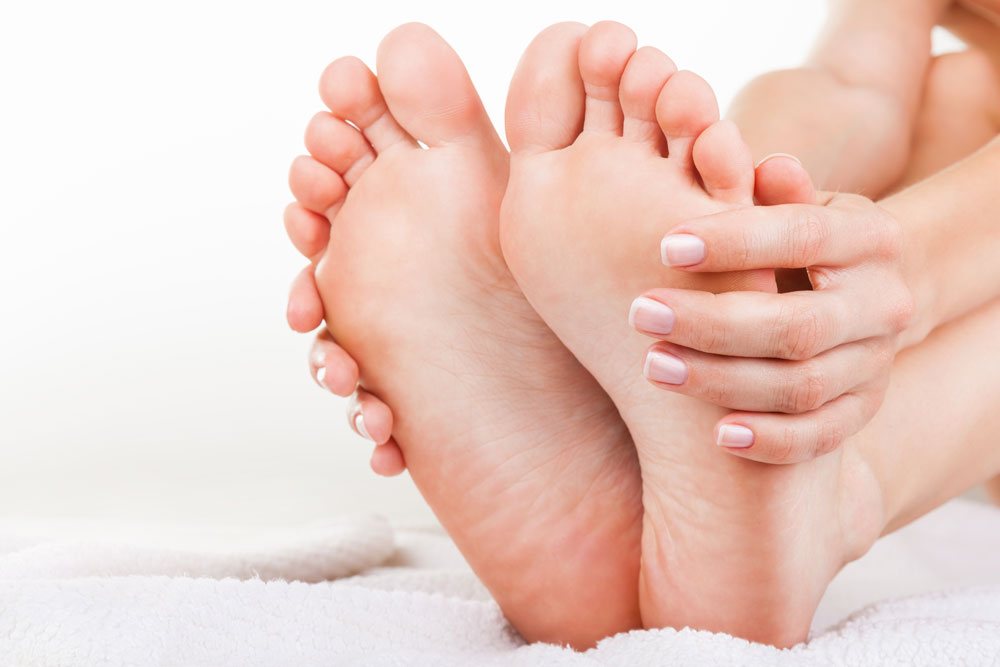
Our podiatrists have expert knowledge of the anatomy of the forefoot ensuring an in-depth examination and identification of the injury
Ingrown toenails can be a very painful condition when the n deteriorated
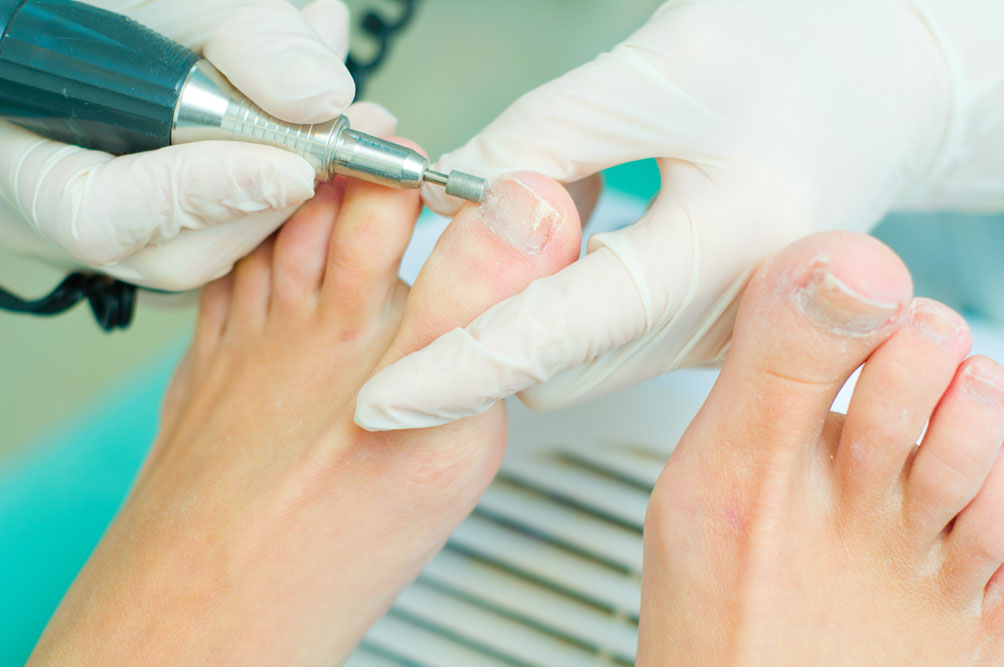
Because of fear of surgery many people put off seeking treatment. But many ingrown toe nails can be treated without surgery
Orthoses are custom made insoles made especially for YOUR feet
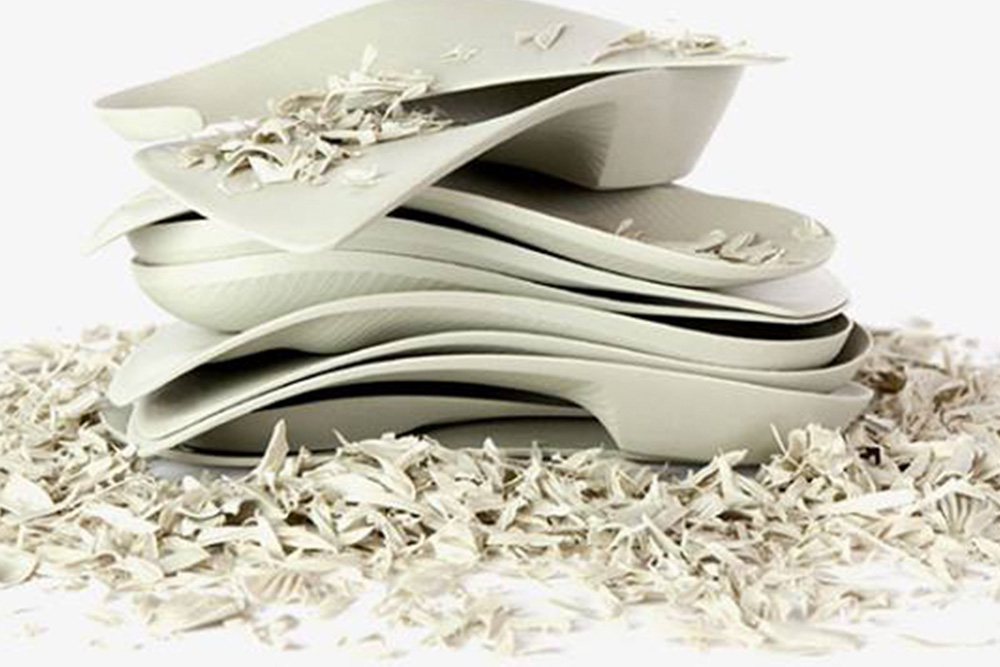
After a bio-mechanical assessment, orthoses are designed to decrease abnormal forces in your feet when standing and walking
This can be used to treat plantar heel pain, Achilles tendinitis, bunions etc.
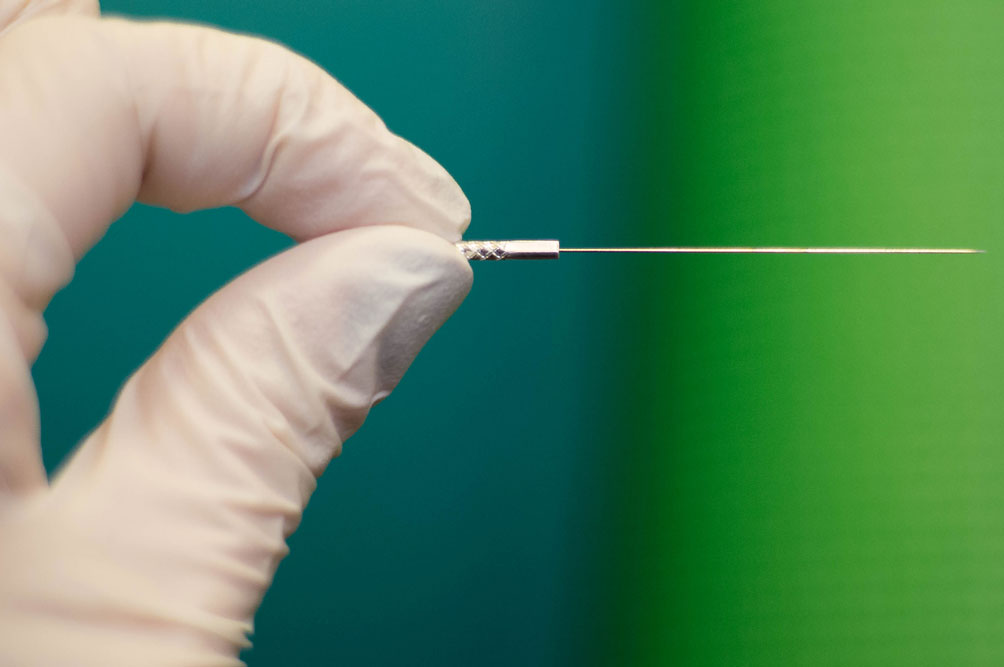
We use TDN in conjunction with other treatments to improv muscle function, neurological conduction and vascularity